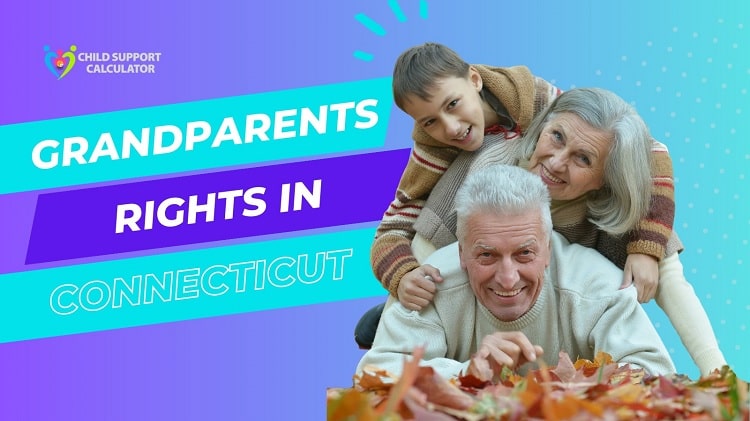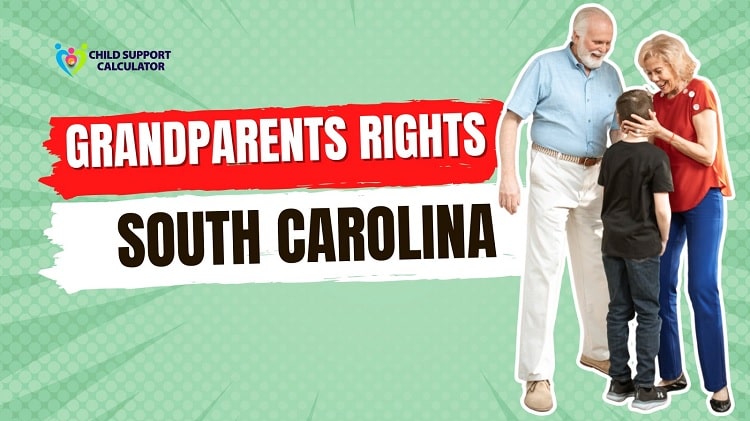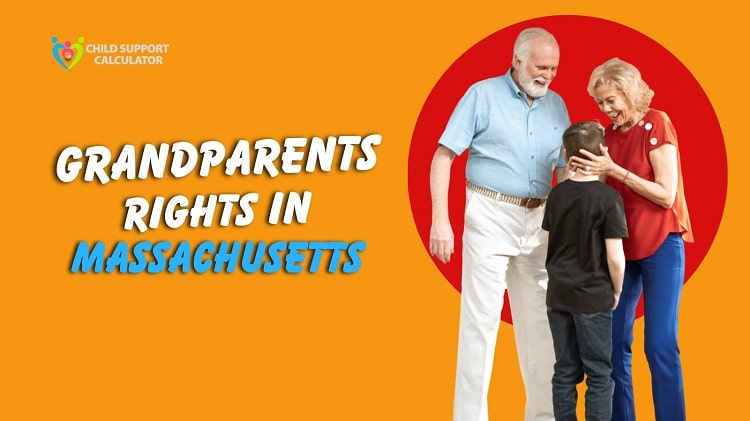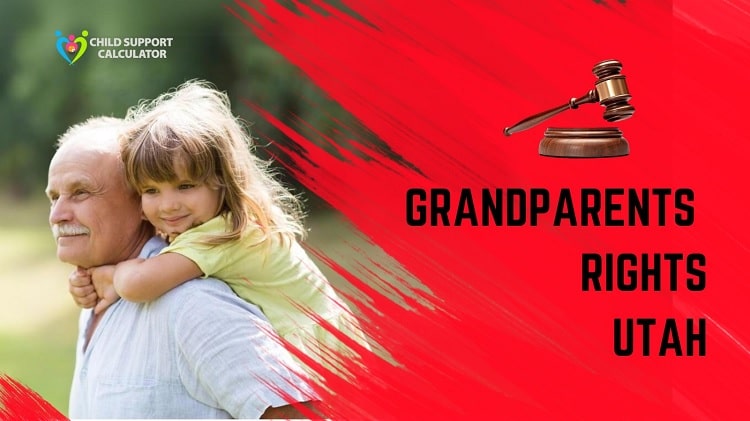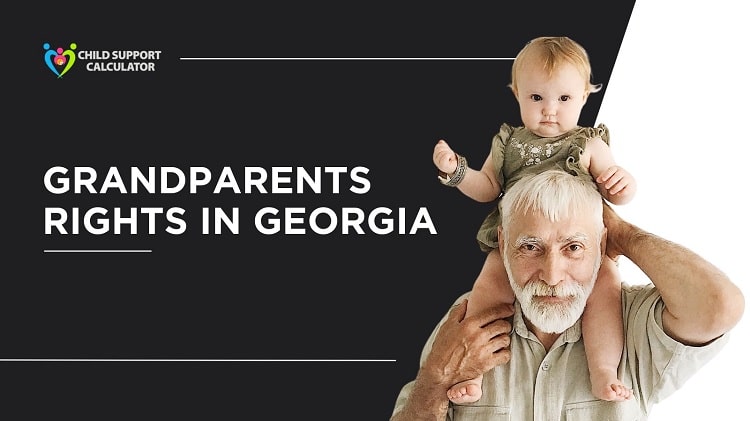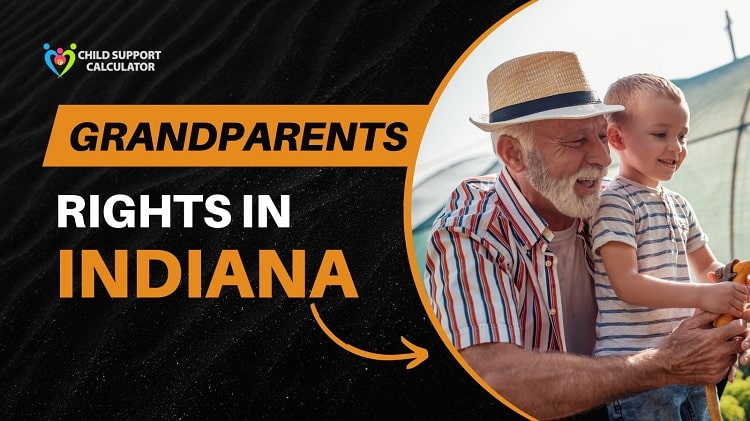Grandparents Rights In Connecticut (Updated) 2024
Except under very restricted situations, grandparents cannot interfere with a parent’s authority to reprimand a kid or restrict visits. However, if a parent has restricted your right to see your grandchild, you may be able to take legal action. If certain circumstances are met, and visitation is necessary for the child’s well-being, a grandmother can request visitation.

This article gives an overview of grandparents rights in Connecticut and custody rules. You should seek legal guidance from a local family law practitioner if you have particular questions.
Grandparent Visitation Rights in Connecticut
In Connecticut, grandparents are entitled to a wide range of legal rights that are called grandparents rights in Connecticut. While parents and grandparents are not legally equal, grandparents do enjoy special rights. When the following conditions are met, grandparents can petition (request) visitation:
- The grandmother and grandchild have a parent-like bond.
- Denial of visitation would be extremely harmful to the child
After the children’s mother committed suicide, a father in Connecticut restricted visitation with the maternal grandmother. Despite the father’s objections, the grandma requested visitation. Prior to the mother’s death, the grandmother made multiple weekly visits to the children and regularly babysat, cooked, and cared for them.
The grandmother’s request was denied because she failed to show that she had taken on parental obligations or that the children would be damaged if they did not visit her.
To assess if a parent-like bond exists, a judge should consider the following factors:
- The relationship between grandparents and grandchildren
- The duration of a relationship
- The grandparent’s activities are similar to those of a parent.
- Whether the grandmother has harmed the authority of the parents.
- Whether or not the child’s parent is alive or dead.
- The parental fitness, as well as any previous abuse or neglect.
- The ability of the grandparents to care for the child.
Grandparent Custody Rights in Connecticut
The best interests of a child are presumed to be served by keeping custody of a parent. A grandparent can overcome parental preference by demonstrating that the child has a parent-like bond with him or her and that parental custody is harmful to the child’s well-being.
The actual harm requirement for visitation or custody requires proof that a kid is at risk emotionally or physically while in the custody of a parent. Some instances include circumstances where a parent refuses to send a child to school, fails to provide for the child’s basic food, clothing, or medical needs or fails to protect the child from other household abusers.
For example, in one Connecticut instance, the court declined to provide custody to the child’s aunt. Despite the fact that the aunt had a deep link with the child and that allowing her custody would be in the child’s best interests, it wasn’t enough.
A third party must demonstrate that removing a kid from parental custody is necessary for the child’s welfare. The aunt was denied custody because she couldn’t prove that staying with the father would be harmful to the child.
Grandparents’ Role After Adoption
A kid may be placed for adoption due to a parent’s decision to give up the child or a state determination of abuse or extreme neglect. In either case, a grandparent’s legal ties to a child are normally severed when parental rights are terminated.
In cases where a grandparent had a visiting order before the adoption, the court can decide whether the visitation plan should be continued or terminated based on the circumstances according to the grandparents rights in Connecticut.
A grandmother who has maintained a stable and ongoing relationship with the kid is more likely to retain visitation rights following the adoption. When a parent-like bond exists, and the kid would be damaged by not seeing the grandmother, a grandparent may be granted visiting privileges in circumstances of stepparent adoption.
Faqs
In Connecticut, grandparents are entitled to a wide range of legal rights. While parents and grandparents are not legally equal, grandparents do enjoy special rights.
Grandparents in Connecticut have the right to petition the court for visitation. When a grandmother requests visitation, they must demonstrate that their relationship with the kid is similar to that of a parent and that denying visits would cause the child genuine and serious harm.
Grandparents do not have automatic rights to see their grandchildren under the law. Parents can opt to keep their children away from grandparents in almost every scenario. This isn’t to say that grandparents don’t have other options.
Join advocacy groups for grandparents’ rights, and research your legal visitation rights. If you can, try to mend the shattered friendship. Send cards and letters to your grandchildren to keep in touch. Simply keep any dialogue in a loving and light tone.
If the child’s parents are still alive, grandparents have the option of petitioning the court for a child arrangements order or a special guardianship order. The grandmother would be automatically given parental responsibility for the kid under these instructions (in varying levels).
Fill out an affidavit. Explain why the youngster is in “immediate and present danger of physical or psychological harm.” Instead of waiting for a hearing, persuade the judge that an emergency order is required right now. Be persuasion-based, but always truthful. The Affidavit should be filed with the Court Clerk’s Office.
You have no legal entitlement to see your grandkids. If communication has broken down and we are unable to reach an agreement, you will need to apply to the court for permission to see your grandchildren under a court order.
It can be aggravating, as many parents who are new to the issue wonder if they can keep their children away from particular people. Unfortunately, unless your ex agrees, the short answer is no, unless the exposure poses a serious danger of harm to the children.
The estrangement between a grandmother and a grandchild, like alienation between a parent and a child, is a sort of ambiguous grief in which the child is physically missing but very much alive in the mourning grandparent’s heart and thoughts. Because the infant is still alive, there is no conclusion.

